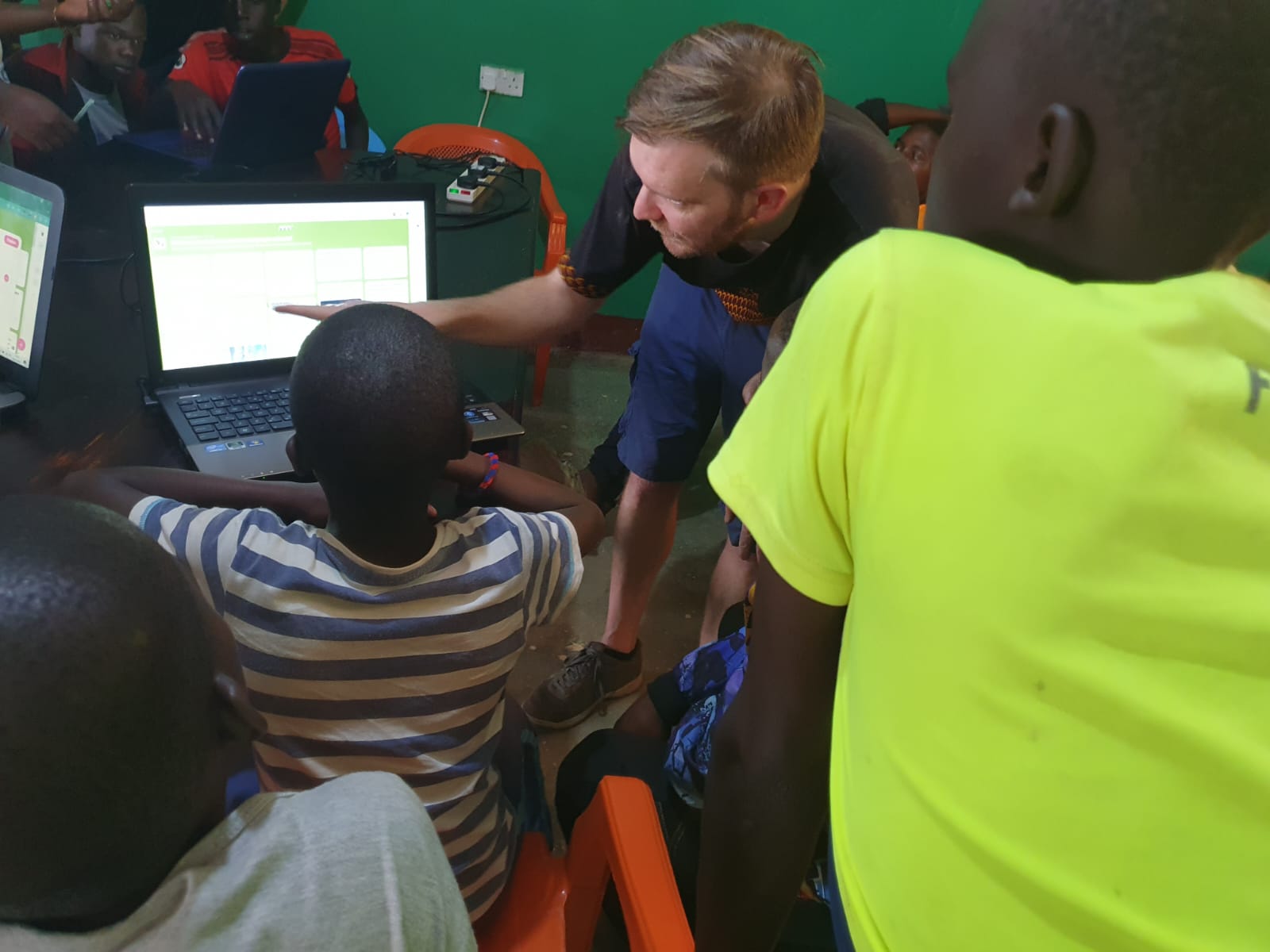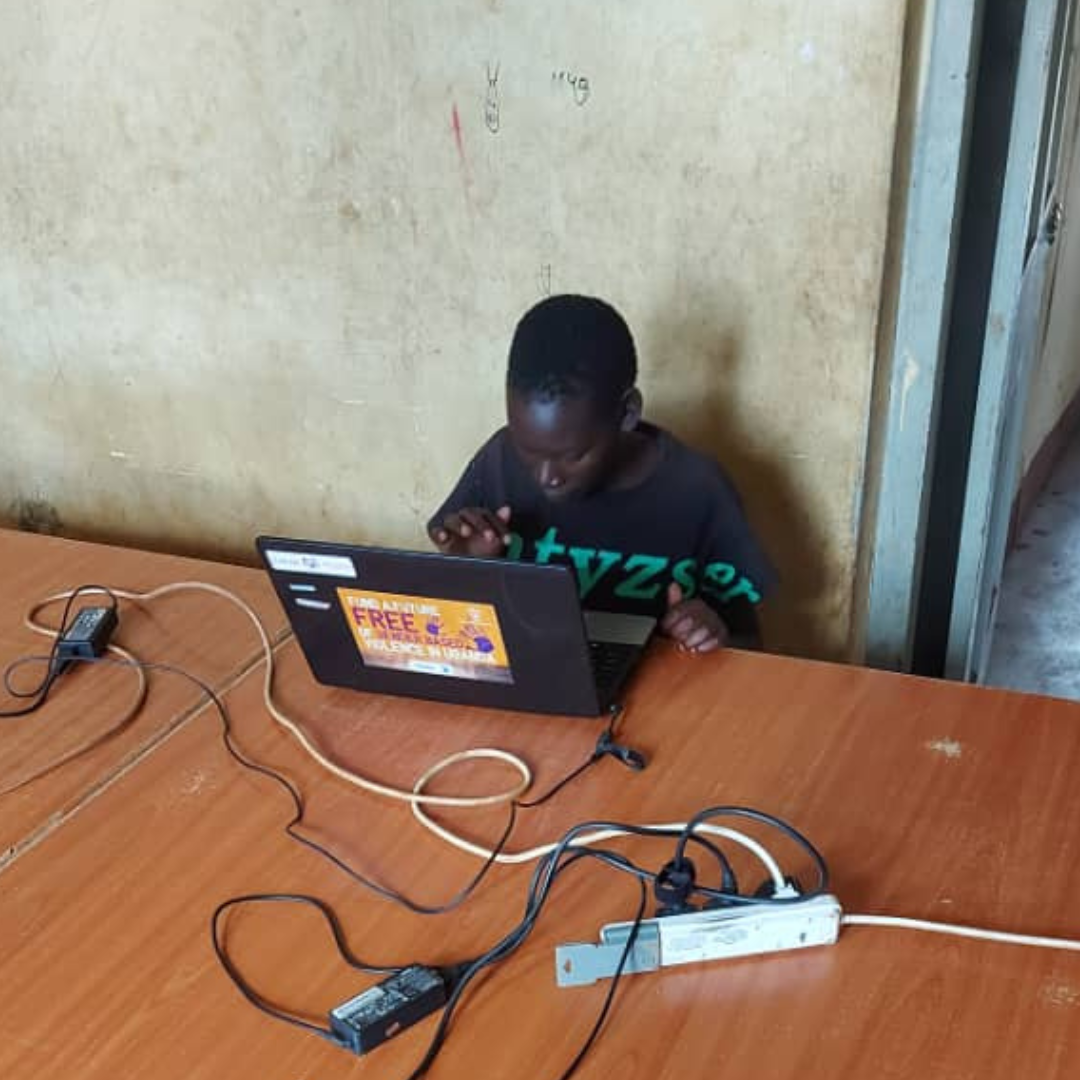Bullying is a prominent issue in schools around the world and can take many forms from physical or verbal abuse to online bullying. The effects of bullying are long-term and highly detrimental, causing problems such as anxiety, anger, low self-esteem and a negative effect on school performance.
With one third of the globe’s youth experiencing bullying – this month the children S.A.L.V.E. supports in Uganda asked:
What can be done to overcome bullying in schools?
The topic sparked an interesting debate, with many useful contributions such as Sharif, who said, “Look for self-esteem issues, children with low self-esteem often bully to feel better about themselves”. Working with children who bully was supported by another contributor who believed part of the work to overcome bullying is supporting the bullies themselves.
A consistent theme throughout the debate was the need for children to report bullies to others. Lokuta suggested that, “you must report those who bully you to your elders to find what they can do to help.” Similarly, George argued that a child who is bullied should always inform the school authorities. Nakatu proposed that schools establish a policy for contacting the parents of students who have engaged in bullying.
A strong stance
Some contributors advocated for a strict approach towards bullies. Biranid believed that students who are caught bullying should be expelled from school. However, another debater disagreed with this perspective, “I disagree with you because these students also have a right to education. Maybe we should educate everyone about the dangers of bullying.” Another participant believed new students should be separated from old students in order to reduce bullying. However, this was criticised by a fellow debater, “I disagree with this. School should be a friendly environment for all learners. The old students can still orient the new students about the school.”
The importance of positive examples was echoed throughout the debate. Jane claimed that “we should set a good example for others and stand up to people who need help.” This was supported by Musisi who believed parents should try and be good examples to their children, encouraging kindness and respect. Another debate participant spoke about good examples in relation to our leaders, “We can have better role models i.e., politicians who don’t bully others. If you see our leaders bullying others, how can we expect children to be different?”.
Makidah spoke about the need to stand up to bullies, “If you witness bullying on your friends, ask the bullies to stop it and to leave them alone.” Zania also believed in confronting bullies, but in a calm manner, “respond to the bully in a calm way tell them its not funny and they should stop it.” Alternatively, Shilah argued that the best approach to bullies was to walk away or ignore, “do not fight back with the bully.”
Future bullying
A form of bullying which was frequently mentioned was cyber bullying. Debaters spoke of the increasing need for children to be educated about cyber bullying. Asinzu advised to talk to an adult you trust about any messages you get or things you see online that make you sad or scared. Kureri recommended to “block the bully on instant messaging and email”. Another useful suggestion shared by a debater was that to protect yourself from cyber bullying you should keep your password a secret and report to the authorities or service providers.
Overall, during the debate, being friendly and building relationships was strongly encouraged by debaters as an approach to prevent future bullying. Tumusiimf claimed, “we must be friendly to each other in order to avoid bullying in schools”. Oldera emphasied the importance of children making friends and being encouraged to do so. Poignantly, Mercy highlighted the need to create opportunities for connection between others. Whereas, Mauso said, “Promoting peace and unity with one another,” was a way to prevent bullying.
Get involved
Join us for our next thought-provoking debate at any time this month or during our live session on Thursday 23rd February.






0 Comments